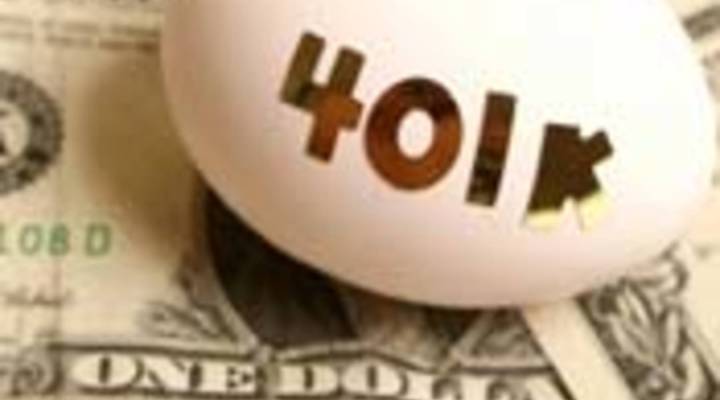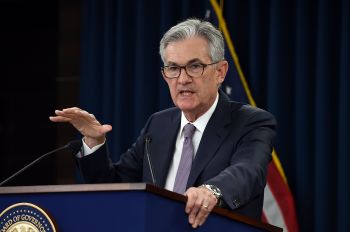
How could latest collapses affect you?
TEXT OF INTERVIEW
KAI RYSSDAL: Sure, it’s a shame that Lehman’s out of business. And yeah, you feel bad for people who’ve lost their jobs. But unless I miss my guess, when a lot of people first heard the news their first thoughts went something like this. What about MY money? Would it be safer under the mattress? The short answer is no, for now. Marketplace’s Tess Vigeland’s here with that story.
Hi, Tess.
TESS VIGELAND: Hi, Kai.
RYSSDAL: Let’s get to it. How worried ought you be — starting with Lehman Brothers, I suppose — if you have money there.
VIGELAND: Well, first of all you should know that the Securities and Exchange Commission has gone in and literally set up shop at Lehman to make sure that your money doesn’t kinda magically get moved to some other part of the company. This is important because you want to make sure that the wall stays firm between Lehman’s corporate investments side and their retail investment side, which is you and me, if we’re their customers. The SEC says that it is monitoring these accounts very closely to make sure nothing funny is going on. And also the brokerage part of Lehman’s giant banking company was not part of today’s bankruptcy filing. It’s still looking to possibly sell this broker-dealer operation, as well as its investment-management unit, which manages client money — regular people’s money.
RYSSDAL: Well, what if I’ve got brokerage accounts with Lehman? Am I covered there?
VIGELAND: Right now you should be able to do everything that you were able to do on Friday. Again, this division is not part of the bankruptcy filing. The Securities and Exchange Commission says it will oversee an orderly transfer of this money from Lehman to some other brokerage company — a process that could potentially take weeks. But right now, again, you can do anything that you did a week ago. All of the regulators say your money is perfectly safe. And another backstop to this is something called the Securities Investor Protection Corporation — also known as SIPC. This is the brokerage equivalent of the FDIC, which, as we know, is the backstop for bank accounts. Now, SIPC doesn’t guarantee your investment deposits but it can make you whole in a situation like this, if there is a liquidation. Right now, they’re not looking at liquidation of these investment accounts. They’re looking for another firm to take them over.
RYSSDAL: The FDIC, as we’ve learned this spring, insures depositors up to $100,000. What about SIPC? What do they cover?
VIGELAND: Under SIPC, you have protections of up to $500,000 — $100,000 of that in cash. But again, we’re not there yet. Most likely your investments will be transferred to another investment house.
RYSSDAL: Should I, if I have my money in a smaller, but still sizable bank, start thinking about that one failing and getting taken over somehow?
VIGELAND: Well, hard to predict the future, but certainly there is not a lot of health in the sector right now. But I think a lot of people never thought that Lehman could go down. And certainly Merrill was a big surprise to everybody today.
RYSSDAL: Let’s talk about those Merrill Lynch customers. They have been bought by Bank of America. What does that mean in terms of my personal liquidity?
VIGELAND: Much easier in this situation. It’s just like a regular takeover. It’ll take a while for it to go through. So, until then, like always, you’re a Merrill customer, you’ll do business as usual. Eventually, your statements will start coming from Bank of America as the takeover continues. On the upside, you will now be with a gigantic bank, with lots of money backing up your money. Your broker, though, may or may not keep his job. But basically, not much else changes for you.
RYSSDAL: Tess Vigeland hosts our personal finance program. It’s called Marketplace Money. Thank you, Tess.
VIGELAND: Thanks, Kai.
There’s a lot happening in the world. Through it all, Marketplace is here for you.
You rely on Marketplace to break down the world’s events and tell you how it affects you in a fact-based, approachable way. We rely on your financial support to keep making that possible.
Your donation today powers the independent journalism that you rely on. For just $5/month, you can help sustain Marketplace so we can keep reporting on the things that matter to you.


















